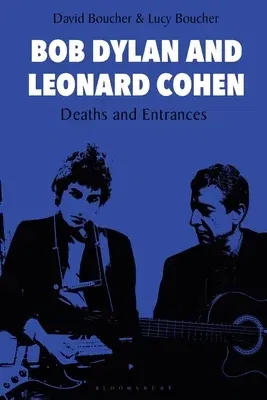Both Dylan and Cohen have been a presence on the music and poetry
landscape spanning six decades. This book begins with a discussion of
their contemporary importance, and how they have sustained their
enduring appeal as performers and recording artists. The authors argue
that both Dylan and Cohen shared early aspirations that mirrored the
Beat Generation. They sought to achieve the fame of Dylan Thomas, who
proved a bohemian poet could thrive outside the academy, and to live his
life of unconditional social irresponsibility.
While Dylan's and Cohen's fame fluctuated over the decades, it was
sustained by self-consciously adopted personas used to distance
themselves from their public selves. This separation of self requires an
exploration of the artists' relation to religion as an avenue to find
and preserve inner identity. The relationship between their lyrics and
poetry is explored in the context of Federico García Lorca's concept of
the poetry of inspiration and the emotional depths of 'duende.' Such
ideas draw upon the dislocation of the mind and the liberation of the
senses that so struck Dylan and Cohen when they first read the poetry
and letters of Arthur Rimbaud and Lorca. The authors show that
performance and the poetry are integral, and the 'duende, ' or passion,
of the delivery, is inseparable from the lyric or poetry, and common to
Dylan, Cohen and the Beat Generation.

